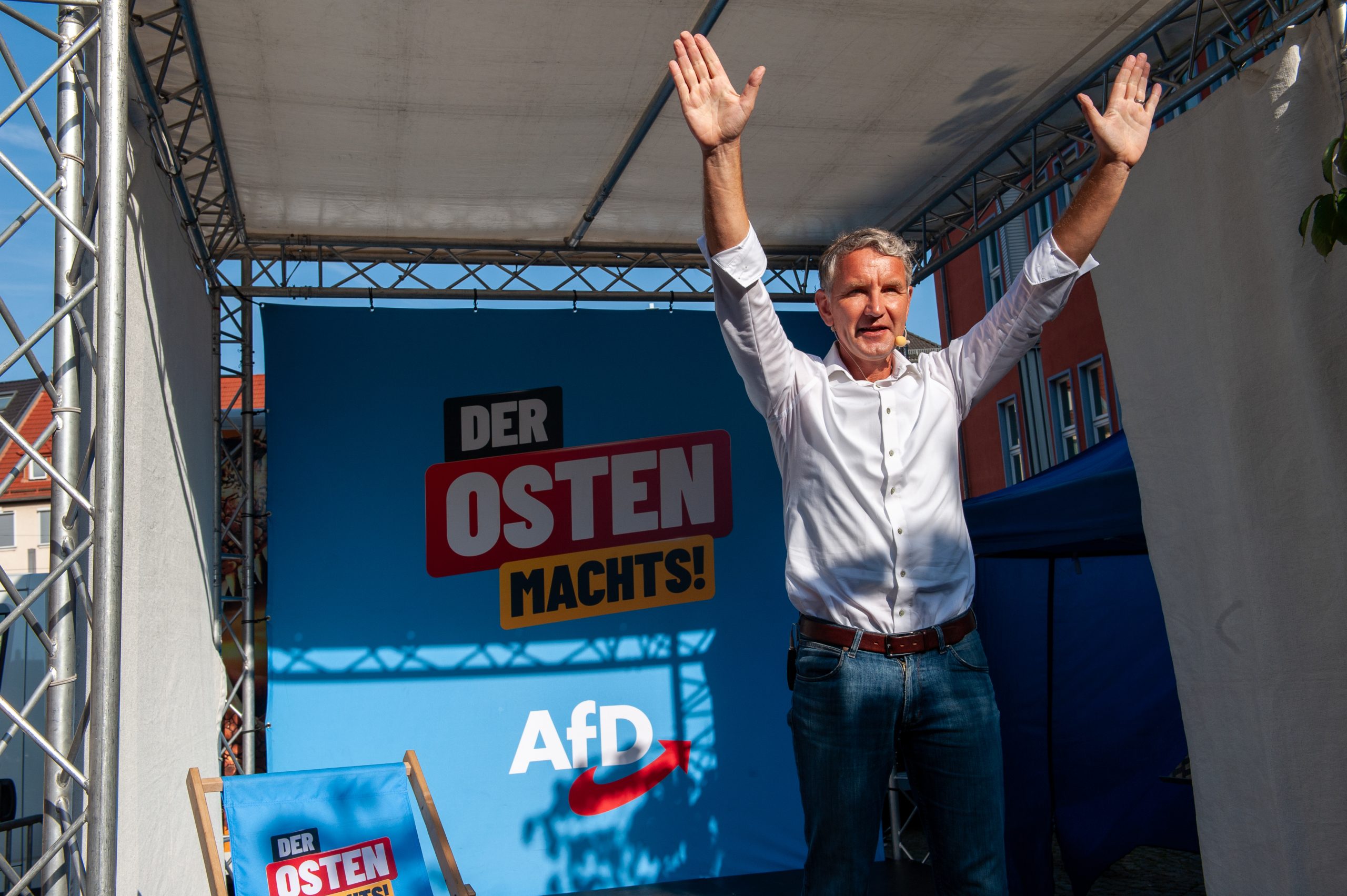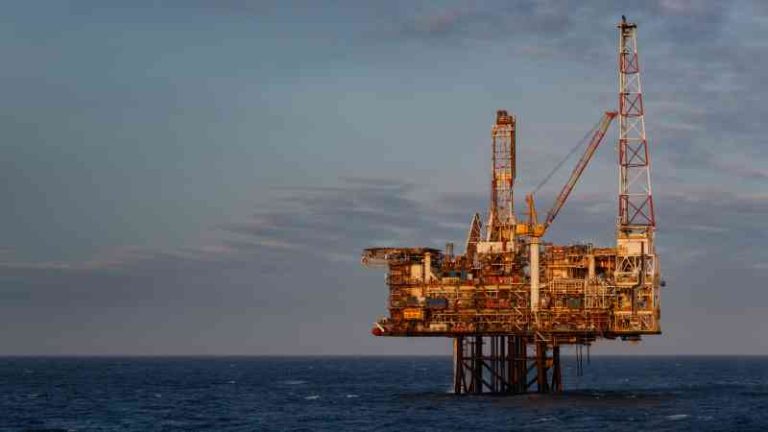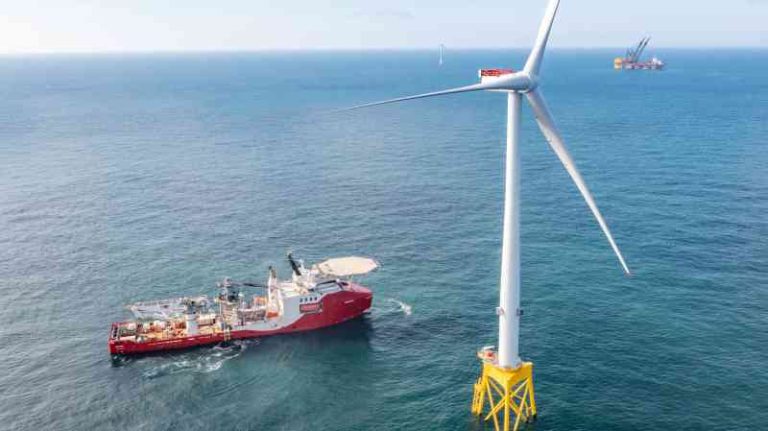The EU’s big two have a distinct air of malaise
This week’s European rentrée from the summer break has been hijacked by a deepening Franco-German headache.
In Berlin, the political establishment has been shaken by a historic electoral breakthrough for the Alternative for Germany, a hard-right party, in regional elections that have raised questions about a premature end to Germany’s shaky three-party coalition.
In Paris, the Olympic Games have given way to new round of wrangling over how to appoint a prime minister and to cobble together a working majority after voters delivered a hung parliament in July. Without a functioning parliament, France is likely to fall behind on delivering a key draft budget for next year, with the economy requiring up to €25 billion in austerity to rein in a ballooning deficit.
Tumultuous coalition politics is nothing new in Europe. Belgium, the country where most European Union officials reside, is still without a government after summer elections in which Flemish nationalists triumphed. The electoral breakthrough of the hard right is also becoming a normal part of continental democracy. This year the Netherlands’ long-established anti-migration, anti-Islam party came first in national elections, while Italy has been run by hard-right forces for the past two years.
What makes the present iteration of the Franco-German crisis novel is the collision of political paralyses with a deepening sense of economic despondency. France and Germany make up two fifths of the EU’s economy and their individual and collective fates have always had an outsized role in determining the direction of the European project. It is hard to remember a time since the Maastricht Treaty in 1992 gave way to the modern EU that both nations have been gripped by such malaise.
The bloc’s “weak links” over the past two decades have been debt-laden, underperforming southern economies needing bailouts, recalcitrant eastern states bending principles such as the rule of law and the perennially awkward Brits. Now the locus of Europe’s attention is squarely on dramas in Paris and Berlin, whose bilateral ties have slumped to a new low under President Macron, in power since 2017, and Olaf Scholz, the German chancellor since 2021.
The problems besetting them are partly shared, but as far as economics is concerned, the fiscal challenges are at opposite ends of the scale. In Germany, on Sunday the Alternative für Deutschland became the first ethno-nationalist party to win a regional election since the Nazis. It triumphed in Thuringia and came a close second in Saxony. Germany’s newest political entrant, the eponymous party led by Sahra Wagenknecht, a former communist, was third, with her promises to tax the rich and to shut down the country’s borders. A quarter of all votes in the regional elections went to the AfD and Wagenknecht, leaving the ruling Social Democrats, Greens and Liberals floundering.
Germany’s political “firewalls” against extreme left and right parties mean the AfD will be shut out of power at the state level, for now. Yet the intricacies of the political arithmetic matter less than understanding why the parties defeated the mainstream candidates. The results reflect resentment towards German funding of Ukraine’s war effort, a wholesale rejection of migration and dissatisfaction with the economic status quo. The AfD, which began as an anti-euro bailout party, speaks about constructing a “new euro” and both parties say that migration is to blame for a gamut of societal and economic ills, such as the cost of living crisis and high interest rates.
The biggest impact probably will be felt inside the Christian Democrats, the conservative opposition, the favourites to win national elections next year. Friedrich Merz, the party’s leader, has called already for the declaration of a refugee “emergency” that would stop Germany processing asylum claims, in breach of EU law.
Merz and figures like Germany’s president are now aping anti-migration rhetoric in a country that is in need of workers and whose population is growing at one of the fastest rates in the world. Resorting to anti-immigrant politics is the Pavlovian response of mainstream politicians who have done little to address structural economic weaknesses in Europe’s largest economy.
Few parties have a vision of a German economy that is not reliant on cheap gas, export dominance and an enduring fiscal probity. Despite having one of the lowest debt ratios among leading economies, Germany will have the second lowest public investment rate in the EU next year. German politicians of all stripes are wedded to the country’s pernicious constitutional debt brake, which has fed years of underinvestment and created damaging economic imbalances that prioritise trade surpluses above all else.

In France, the fiscal headache is not obsessive austerity but the absence of any semblance of spending discipline. Europe’s second largest economy is entering its third month without a functioning parliament, with rival left, liberal and hard-right parties failing to agree on a prime ministerial candidate who could command a slim majority. In contrast with German frugality, France’s fiscal bind involves a deficit of 5.5 per cent of GDP and a debt ratio heading to 115 per cent of GDP by the end of the decade. Macron’s previous administration had pencilled in tens of billions of euros in spending cuts and tax raises to meet Brussels’ fiscal targets over the coming years, plans that have been ripped up by his decision to call snap elections in June.
France is obligated to submit a draft budget plan with its deficit reduction policies to Brussels next month, but the only thing that Macron’s opponents can agree on is scrapping his controversial pension reforms, a move that would deepen the fiscal mess and would require painful tax rises elsewhere.
For now, financial markets have taken the French impasse in their stride, with few investors seemingly understanding the arcane constitutional laws around how an emergency budget can be drawn up without any clear parliamentary majority. Even if a budget is produced, it seems improbable that it can make meaningful inroads to reducing the deficit, raising fresh fears about France’s fiscal sustainability and ultimately, its governability.
Mehreen Khan is Economics Editor of The Times






